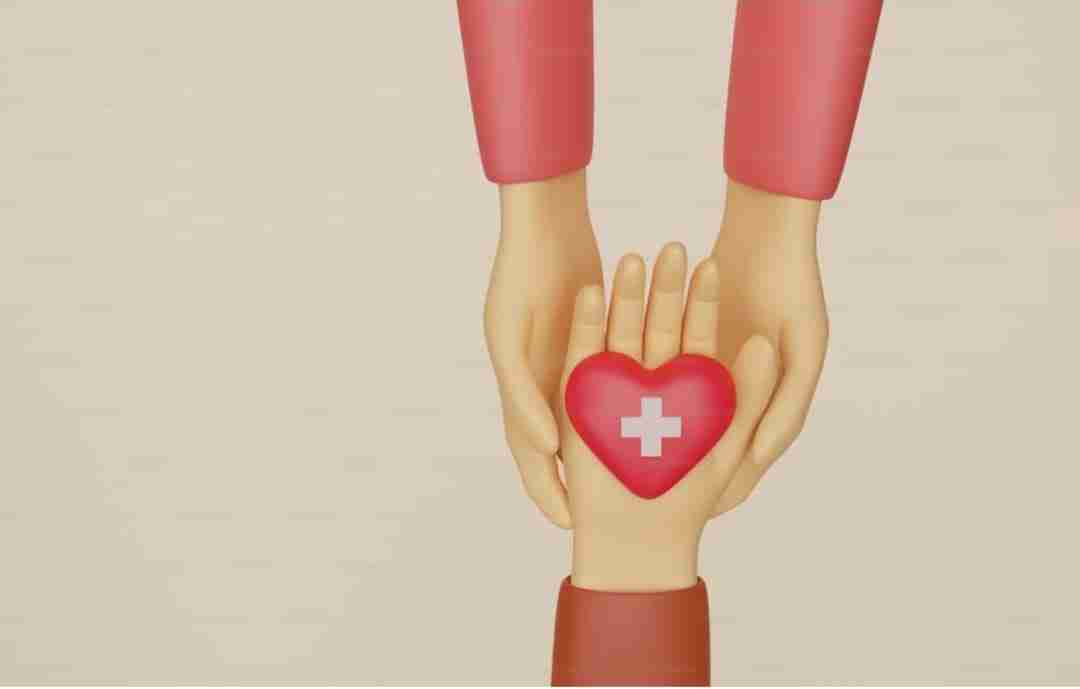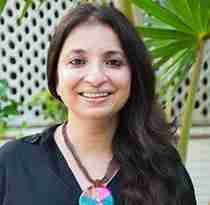For A Healthy Heart
All you need to know about keeping your heart healthy.
Heart is undoubtedly the most powerful yet fragile organ of our body and it needs a lot of care. Unhealthy hearts claim most lives in the world. The World Heart Federation estimates that Cardiovascular Disease (CVD) is the biggest cause of death in the world. 1 in 10 in the age group of 30 to 70 years die from CVD and it is responsible for 31 per cent of all deaths globally. In India too, it is no different and is the leading cause of death. 15.4 lakh Indians die every day due to Cardiovascular Disease. 214 billion to 351 billion dollars go behind the cost of heart disease and we lose 137 billion dollars worth of productivity due to CVD. Not a good story, yes. But the story can have a happy ending with proper awareness and clarity about heart health and measures to keep the heart healthy. Dr Tausif Ahmed Thangalvadi, Medical Director and General Manager at NURA helps us through the awareness journey about your heart health.
What stops the heart from functioning well?
According to Dr Thangalvadi, it is important to be aware of the risk factors of heart diseases in order to keep it healthy. He classifies the risk factors in two categories - non-modifiable and modifiable risk factors.
Here are the non-modifiable risk factors on which we don’t have control.
Genes: Somebody with a history of heart disease in the family is at a greater risk of heart ailment.
Age: As you age the risk of heart disease increases.
Gender: Compared to women, men are at a greater risk of heart disease until women’s reproductive age as until then, they get protected by oestrogen. The moment they hit menopause, their heart ailment risk increases and becomes as much as men.
Here are the Modifiable risk factors which can be changed if one wants:
Smoking: Not just cigarettes, any form of tobacco - be it chewing or smoking, is bad for the heart.
High blood pressure: if you can’t control it, it can be bad for your heart.
High blood cholesterol: There are two kinds of cholesterol: LDL and HDL. LDL is the bad cholesterol; it takes the cholesterol from the liver to blood vessels and deposits it there.HDL does the opposite, it clears off the cholesterol from the blood vessels and takes it back to the liver. That’s why for a healthy heart, your HDL cholesterol should be high but your LDL must be low.
Physical inactivity: No physical activity leads to diabetes and obesity which are the two most common and critical risk factors of heart disease. Get your walking shoes on now!
Mental stress: This is another factor increasing the risk of heart disease. Those who are impatient, too aggressive and work obsessed are more stressed out and can be at a greater risk of heart ailments.
What problems could the risk factors cause?
All of the above mentioned risk factors cause heart disease which are of five kinds - Myocardial Infarction or Heart Attack, Sudden Cardiac Arrest, Coronary Artery Disease, Heart Failure and Arrhythmia. Majority of people suffer from Coronary Heart Disease, as much as a whopping 48.2 percent, 16.4 percent suffer from stroke, 8% from high blood pressure, 7.3% heart failure, 3.4% disease of arteries and 16.7% from other heart related issues. Also, about 45 percent of all heart attacks are silent, reveals the American Heart Association.
Covid-19 and heart disease
Among patients with Covid-19, there is a high prevalence of cardiovascular disease and more than seven percent of patients experience myocardial injury from the infection.. The American Heart Association reports that 22% of critically ill patients severely affected by Covid-19 virus experience heart issues.
Signs to watch out
Apart from chest pain and discomfort, there could be other symptoms like dizziness, shortness of breath and palpitations when it seems that the heart tries to beat out of your chest. Jaw pain, nausea, and vomiting are some of the additional symptoms.
How do I keep my heart healthy?
Diet: Limit the intake of the following:
- Saturated fats: butter, milk products, cheese, coconut oil, etc. Using ghee is healthier.
- Added sugars: Natural fruit sugar is better than added sugar.
- Sodium: You should take less than 2.5 grams of salt per day. With less salt the water in the circulating blood will decrease and you will be putting less strain on your heart.
Heart healthy foods
- Vegetables and whole fruits - all varieties
- Grain: 50 per cent of your diet should be whole grains
- Consume low fat dairy products
- Protein food like seafood, lean meat poultry eggs
- Oils: unsaturated fats
Lifestyle changes
For children and adolescents (6 to 17 years)
- 1 hour or more exercise daily
- Moderate to vigorous activity
- Muscle and bone strengthening
- Limit sedentary time and screen time - less than 2 hours. All these can increase the risk.
For adults (18 to 64 years)
- Avoid inactivity
- Moderate activity - 150 minutes per week
- Vigorous intensity - 75 minutes per week
- Muscle strengthening - 2 or more days per week
For older adults ( 65 above)
- Be as active as their abilities allow
- Do exercises that maintain or improve balance
- Safety is paramount. Do not be very aggressive with your workout and use safety gear if necessary
Change your habits
- Stop smoking
- Obesity - all adults must be screened and BMI checked
- BMI above 30kg/m2 means high risk
- Children with BMI outside the 95 percentile become at high risk.
Other ways of having a healthy heart
- Slow down
- Keep calm
- Be positive
- Take it easy
- Unplug, relax
- Enjoy life
- Have fun
- Breathe
- Smile
- Go outside
- Meditate
Can heart disease be spotted early?
Dr Thangalvadi says, “Yes, we can screen for heart health from prior through Heart Calcium Screening. We use low dose CT scanners and find out the plaque build up in Coronary Arteries- even as low as 10 to 20 per cent which can’t be detected in ECG, Echocardiogram, TMT.”
Things about heart disease that you must keep in mind
- Plaque in blood vessels of the heart are invisible
- Visceral fat is invisible
- Looks can be deceptive
- Heart attacks can be sudden and unexpected
- Preventive screening can visualise them and prevent unpleasant surprises.
Comments
You may like to read:

Health and wellness
Five Lifestyle Changes To Ease Bladder Control

jessica smith
5 mins read

Health and wellness
Five things to keep in mind when considering organ donation

sunayana singh, ceo of organ india, an initiative of the parashar foundation
3 mins read

Health and wellness
How NURA Uses AI-Enabled Screening to make a difference in Preventive Healthcare

Silver Talkies
4 mins read

Post a comment